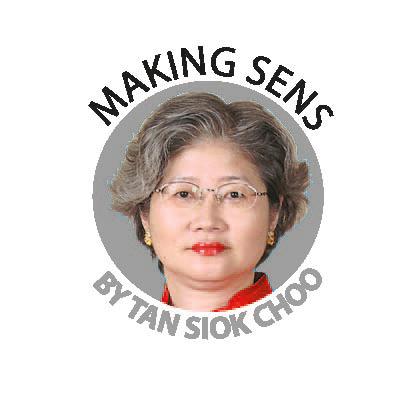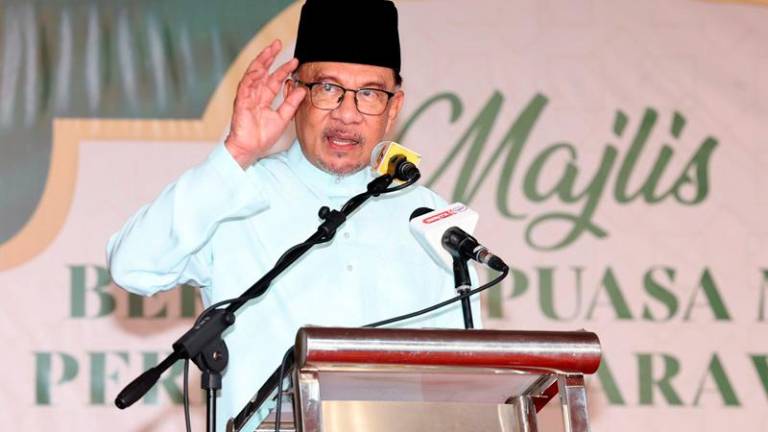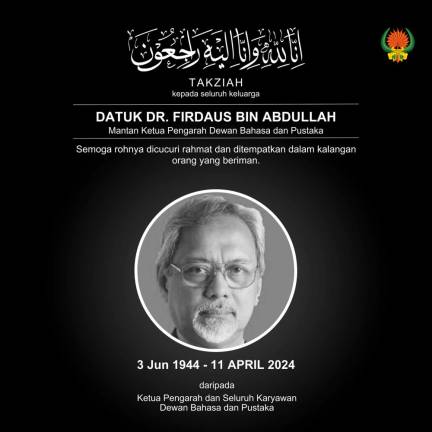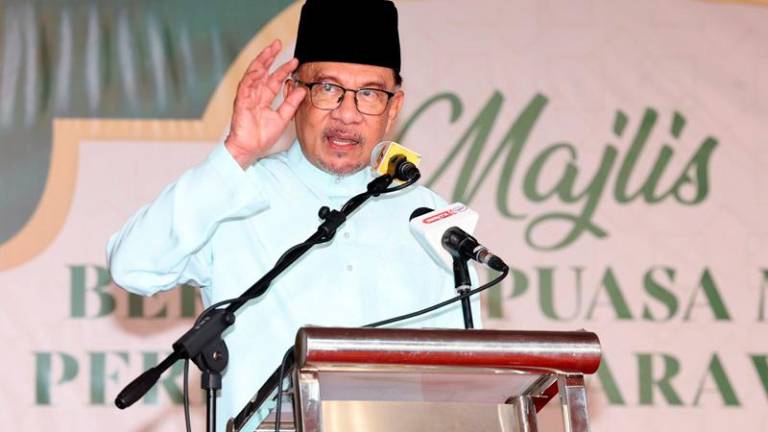NEWSPAPER reports suggest the Finance Ministry is considering levying a windfall profits tax (WPT) on the hefty profits glove manufacturers in this country are currently enjoying. This suggestion should remain on paper.
While the current coronavirus pandemic has triggered an upsurge in demand for rubber gloves, causing share prices of glove manufacturers on Bursa Malaysia to skyrocket, WPT’s purported benefits – including generating much-needed income for the Treasury – must be weighed against its potential pitfalls.
As its name suggests, WPT is levied on a sector enjoying exceptionally high profits due to extraneous circumstances – unrelated to gains from increased productivity or improved efficiency. WPT is usually imposed on commodities like oil – because its price is notorious for roller-coaster highs and lows.
In a UK ravaged by the Covid-19 pandemic, a proposed WPT is popular among individuals. A YouGov poll this year found 53% of Britons favouring WPT compared with 15% against the levy.
Writing in the Economist View, Andrew Leigh sums up WPY’s political appeal: “Taxing luck is fairer than taxing hard work.”
Past US experience offers two arguments against WPT.
In 1980, then US president Jimmy Carter enacted the Crude Oil Windfall Profits Tax Act. Under this legislation, a 70% excise tax was imposed on oil prices exceeding US$12.81 a barrel. A rough calculation suggests this was equivalent to approximately US$40/barrel in 2019 prices after adjusting for inflation.
Google Search says oil peaked in 1980 at over US$35 a barrel – equivalent to US$109/barrel in 2019 dollars.
In 1986, oil tumbled from US$27/barrel to US10/barrel – expressed in 2019 dollars, oil was US$63/barrel to US$23/barrel in 2019 dollars.
On Aug 23, 1988, then president Ronald Reagan repealed this tax.
According to the Congressional Research Service, Carter’s WPT had two consequences.
Domestic oil production fell by 3% to 6% and foreign oil imports rose by 8% to 16%.
WPT discouraged oil companies from increasing domestic output while encouraging imports which weren’t subjected to this levy.
A proposed WPT on glove manufacturers raises several issues.
First, should exceptional profits be the only criterion for a WPT?
Currently, only oil palm planters in this country are required to pay WPT when crude palm oil (CPO) prices hit RM2,500 a tonne in Peninsular Malaysia and RM3,000/tonne for Sabah and Sarawak.
Second, why is Putrajaya considering penalising glove manufacturers while continuing to exempt oil companies? When prices of Brent oil, the international benchmark for the commodity, skyrocketed to an all-time high of US$147.50 in July 2008, Putrajaya didn’t consider imposing WPT on oil companies.
WPT on oil companies offers two benefits – discouraging the use of a depleting fossil fuel while using funds from the levy to subsidise research and incentivise widespread adoption of renewable energy like solar and wind power.
Some may argue WPT isn’t necessary because Petronas, the biggest oil firm in Malaysia, pays handsome dividends to Putrajaya, its sole shareholder.
One complication is the demand by Sabah and Sarawak state governments for a bigger share than the perceived niggardly 5% of national oil revenue, after deductions from cost oil, both states now receive.
Another potential WPT candidate is gold miners. On Aug 4 this year, gold prices broke through the US$2,000 barrier before accelerating to a new record-high of US$2,032 per ounce. Continuing investor nervousness about the US dollar suggests gold prices are likely to remain elevated.
Third, oil palm growers and glove manufacturers now pay a 24% corporate tax. Soaring prices for palm oil and strong demand for gloves will result in the Treasury collecting markedly higher revenue from corporate taxes. Imposing WPT will allow the Finance Ministry to get a second – and potentially bigger – bite from the same cherry.
Fourth, levying WPT on oil palm plantations and rubber glove manufacturers could require them to reduce dividends to their shareholders – including the Employees Provident Fund and PNB’s unit trusts.
Fifth, nurturing oil palms is increasingly capital-intensive. Reducing the number of foreigners working in oil palm plantations means accelerating mechanisation. Furthermore, replanting palms at least 24 years old or more is a costly undertaking; this also requires forgoing four years of income until the young palms mature.
Undoubtedly, Covid-19 has impacted all governments financially. To curb the its spread, lockdowns were imposed, a move that crimped government revenue at a time when public spending had to be stepped up – on healthcare, support for small businesses and relief for out-of-work employees.
A better way for the Treasury to increase its coffers is to stamp out corruption and reduce inefficiencies in government expenditure. On-going trials underscore the billions of ringgit lost through corruption. Additionally, Auditor-General Datuk Nik Azman Abdul Majid said on Tuesday the government could save some RM200 million by stopping leakages in some ministries and departments.
Treasury boffins should remember one salient fact: taxes like sins cast long shadows.
Opinions expressed in this article are the personal views of the writer and should not be attributed to any organisation she is connected with. She can be contacted at siokchoo@thesundaily.com















